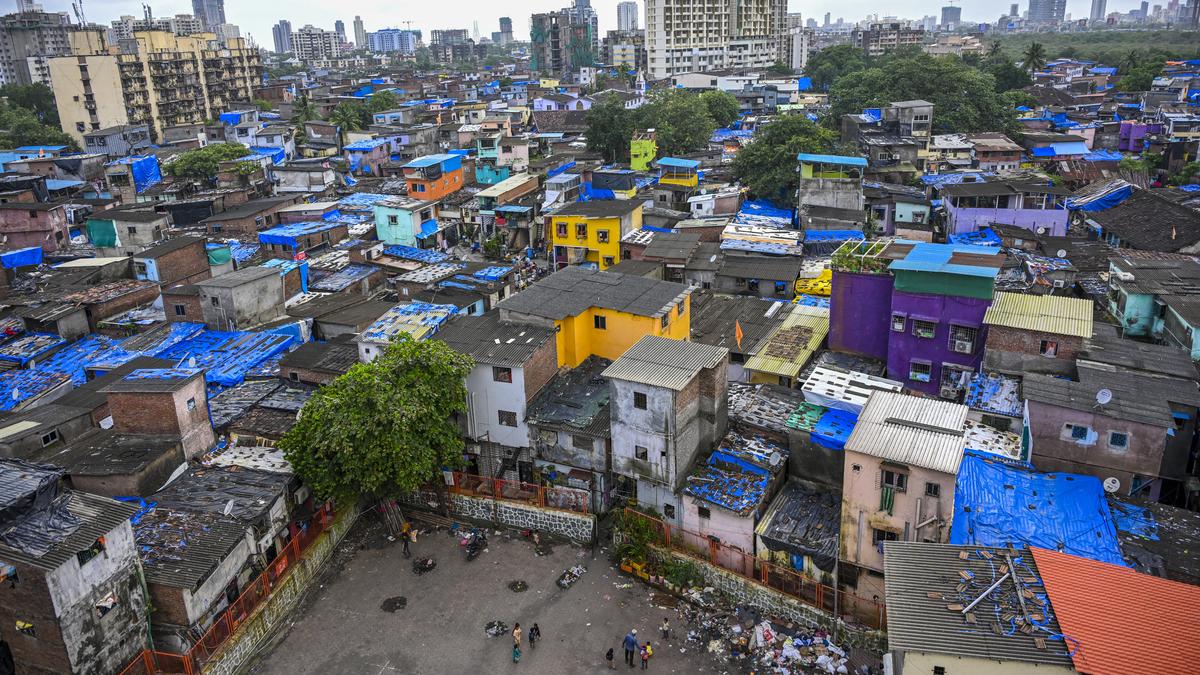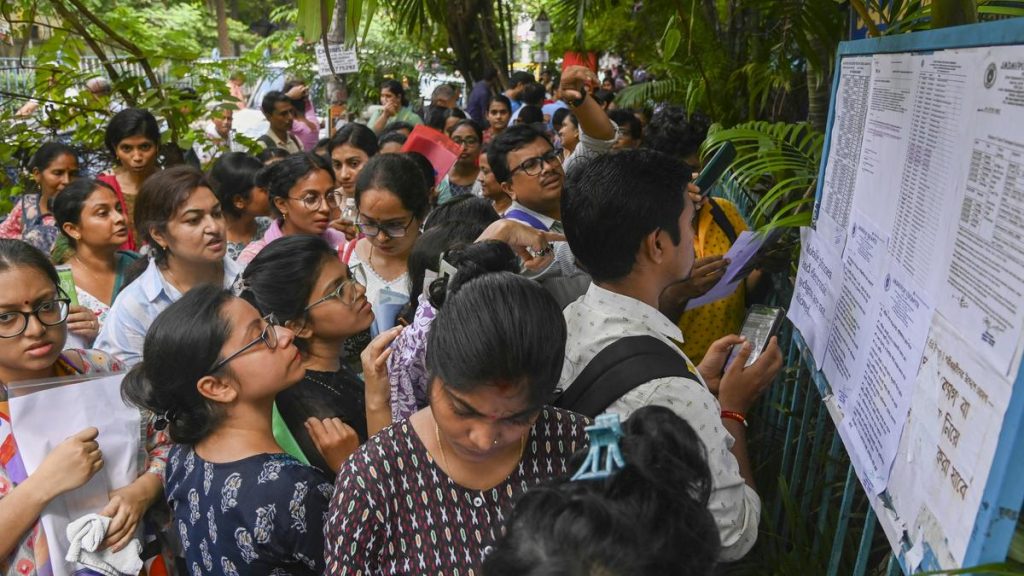Now Reading: Bombay HC Rejects PIL Against Salt Pan Land Transfer for Dharavi Redevelopment
-
01
Bombay HC Rejects PIL Against Salt Pan Land Transfer for Dharavi Redevelopment
Bombay HC Rejects PIL Against Salt Pan Land Transfer for Dharavi Redevelopment

Swift Summary
- Date and Event: The Bombay High Court on July 10, 2025, upheld the government decision to rehabilitate Dharavi Redevelopment Project (DRP) affected people (PAP) on salt pan lands.
- Public Interest Litigation (PIL): Filed by Mumbai-based lawyer and activist Sagar Devre challenging transfer of 256 acres of salt pan land to Adani for DRP-related rental housing schemes.
- Court’s decision: PIL dismissed due to lack of evidence showing why salt pan lands cannot be utilized. Salt pans were excluded from wetland protection following a Centre policy change in 2024.
- Legal Arguments:
– Petitioner argued coastal areas like those in question fall under CRZ restrictions for construction.
– Central Government countered, labeling the PIL as baseless and casual filings lacking substance.
- State Proposal Details: Salt pans are leased by the centre to Maharashtra on a 99-year basis for accommodating Dharavi PAPs.
- Environmental Concern: The Court urged the government to address possible environmental impacts during implementation but upheld land use approval.
- Future Actions: Lawyer Sagar Devre announced intentions to appeal in Supreme Court with detailed petition.
Indian Opinion Analysis
The Bombay High Court’s dismissal underscores judicial reliance on evidence and public policy consistency while approving large-scale urban projects. It signals reinforcement of policy revisions introduced in 2024 that permit utilization of salt pan areas for purposes such as rehabilitation-ending their blanket designation as protected wetlands.This judgment could accelerate the long-awaited Dharavi Redevelopment project, one of India’s most ambitious urban renewal initiatives tackling overcrowding and slum rehabilitation.However, environmental concerns remain critical given proximity to Coastal Regulation Zones and potential ecological disruption.
The case also highlights tensions between growth imperatives versus adherence to customary conservation norms.Approaching enduring urban progress requires safeguards against excessive commodification of sensitive geographic regions like coastal zones-a concern flagged even within court directives.
If contested further at Supreme Court level, clarity over balancing developmental needs with environmental preservation may set precedents relevant nationally across similar ecosystems beyond Mumbai.
For more details:Read More
























